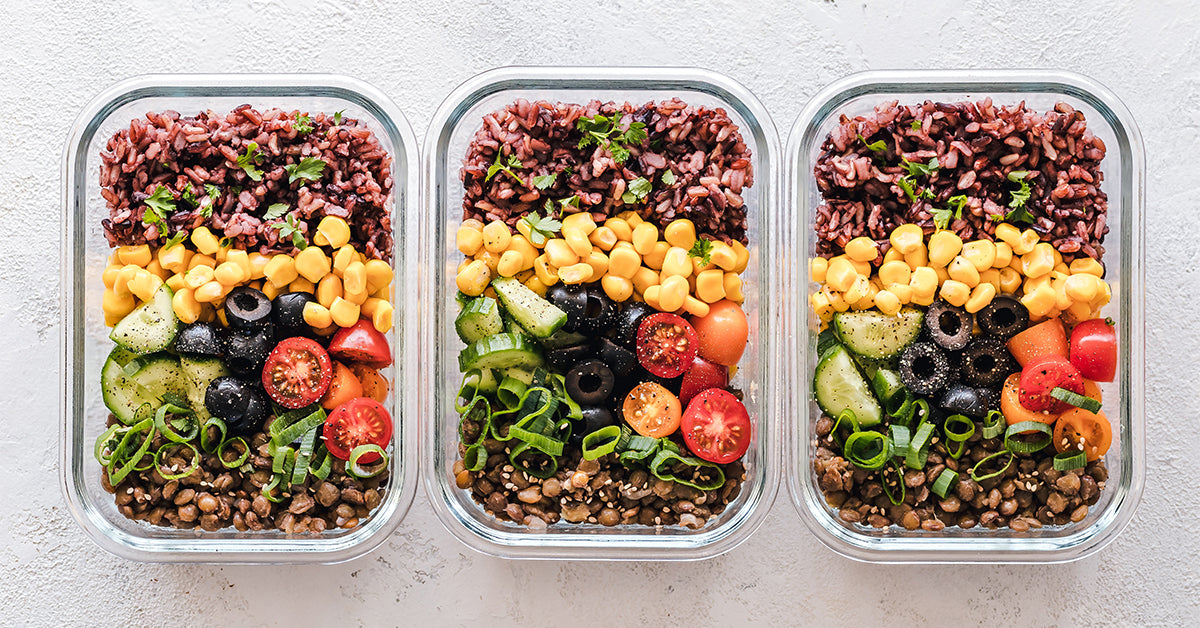20oz Beauty- Tumbler
Description
20oz Tumbler and Straw.
Hot or Cold
Coffee or Water
Hand Wash Only


We must keep our eating habits in line to achieve a healthy lifestyle and manage functions such as metabolism and digestion. These include taking your meals on time and in a particular manner.
Nutritionists and other experts advise taking smaller frequent meals to keep fitness and diet-related issues at bay.
Eating smaller portions at regular intervals leads to a healthier lifestyle. Here are some other reasons why you should adopt this feeding model.
One significant benefit of taking smaller frequent meals is balancing and controlling blood sugar levels. Small meal portions have less glucose compared to the more substantial amounts. This trick will help you prevent the chances of hypoglycemia and diabetes illnesses.
Eating small portions more frequently aids in proper digestion. It eases the gut’s work to digest and absorb minerals and vitamins from food. This is especially helpful to people battling digestive issues such as heartburn, gastritis, and acid reflux.
Taking small frequent meals enhances body metabolism while preventing it from getting into starvation mode. When you fail to eat for several hours, your body reacts by slowing its metabolic rate to preserve energy. It can pose a health risk when you make it a norm. It’s essential to take small meals frequently to keep your basal metabolic rate on point.
Taking small meals often is the key to controlling your appetite. Consuming nutritious meals like carbohydrates, veggies, fibrous fruits, and lean proteins keeps you satisfied throughout the day with fewer binges and carb cravings. On the other hand, taking large and infrequent meals may lead you to over-eating and consuming more calories than you would with frequent meals.
Another benefit of taking small frequent meals is that it aids in boosting and regulating energy levels. An infrequent meal plan with an undistributed diet can cause a rise in blood sugar levels. Eating small portions frequently distributes adequate glucose across the body to achieve balanced blood sugar levels. This norm also helps you manage your sugar cravings. You’ll also easily carry out your everyday activities with this 5-6 meals eating plan.
Several hormones like ghrelin and insulin affect weight loss, metabolism, and hunger levels in our bodies. Eating after long hours causes insulin spikes activating mechanisms that increase fat storage. This results in sweet cravings and intense hunger pangs.
When you don’t eat for long hours, your stomach secretes ghrelin (hunger hormone), increasing appetite and reducing fat usage. This causes one to over-eat, leading to weight gain. It’s clear how infrequent meal plans can crash our hormones in the effort to lose weight.
Nutritionists highly discourage eating after long hours for the following reasons.
Various mental and physical factors can influence cravings. They can be triggered if you fail to eat for long hours. Small frequent meals help you think less about food, thus reducing cravings. The perfect meal gap should lie between 3-4 hours for proper digestion.
Fasting or infrequent meals causes reduced blood sugar levels, thus less power. This can also cause stress in the long run. It’s essential to have a regular meal plan to keep your body energized throughout the day. A systematic sleeping pattern also contributes to energy distribution.
Your appetite and mood are controlled by what and how you consume your meals. Staying hungry for long hours induces cortisol production in the brain, making you more irritated, distracted and inducing your food cravings. Therefore ensure to have small frequent meals.
Staying hungry for long hours generates acid reflux which can cause stomach aches, headaches, nausea, vomiting, and ulcers. After eating, the stomach produces hydrochloric acid responsible for digestion. If there’s no food present, the acid erodes the stomach walls causing ulcers. Erosion can proceed to the intestines if not well managed.
While taking 5-6 meals a day seems unachievable, we’ve outlined several tips to help you.
Ensure your frequent meals have quality nutrients for a healthy and balanced lifestyle. The tips above will go a long way in promoting your health. Eventually, you can save yourself from costs associated with digestive issues.